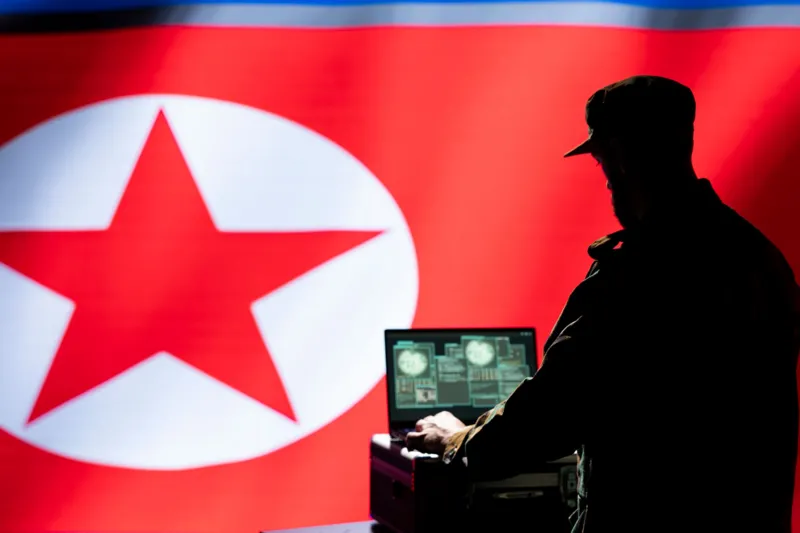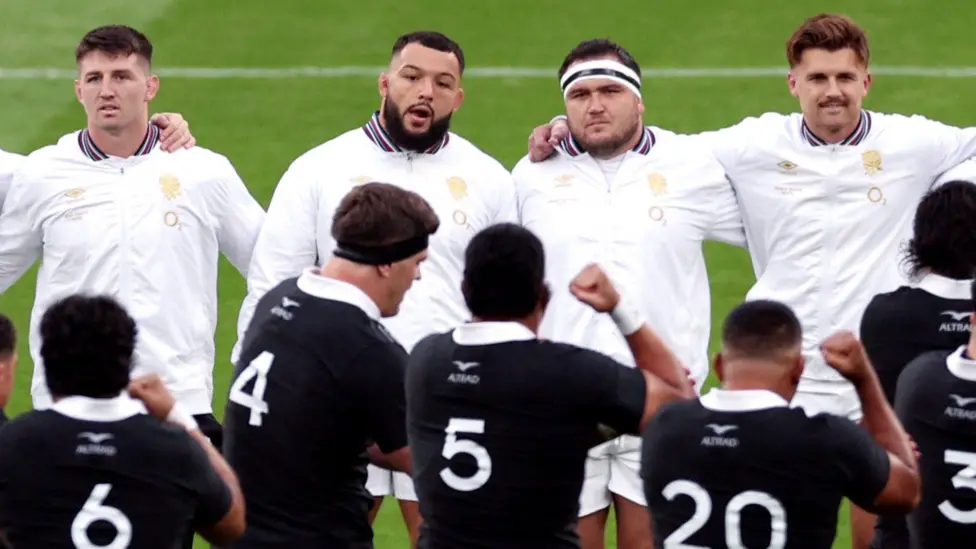Guinea’s escaped ex-military leader recaptured, back in jail, says lawyer
It was unclear if Camara escaped of his own free will, but the army described the operation as attempted sabotage.

Guinea’s former military government leader Moussa Dadis Camara was recaptured and back in prison, his lawyer said, denying that the ex-leader had willingly participated in a jailbreak hours earlier and saying instead that he had been kidnapped by armed men.
In a post on Facebook, lawyer Pepe Antoine Lamah said Camara was back in the Central House prison in the capital Conakry.
Earlier on Saturday, Camara was taken from prison by a heavily armed commando during an operation that sparked heavy gunfire in Conakry, a minister and lawyers had said.
At least two other former officials currently on trial alongside Camara over a 2009 attack on civilians during his presidency were also taken from the central prison, they said.
Heavily armed men assaulted the prison as the attackers managed to overpower the guards and free Camara, judicial sources told the news agency, dpa.
The prison was eventually secured by military vehicles and the government emphasised that the situation was under control.
Guinea’s Justice Minister Alphonse Charles Wright told local media that one of Camara’s escaped allies was captured and that the borders had been closed.
It was unclear whether Camara had escaped of his own free will.
However, the army described the operation as an attempt to “sabotage” government reforms and swore its “unwavering commitment” to the current authorities.
A judicial source, speaking on condition of anonymity, said the masked and armed soldiers who arrived at the prison declared they “had come to free Captain Dadis Camara”.
Inside, the group headed towards the former leader’s cell, appearing to already know its location, the source said.
Another of Camara’s lawyers, Jocamey Haba, told the AFP news agency that he believed his client had been “kidnapped” and his life was “in danger”.
“He has confidence in the justice of his country, which is why he would never try to escape,” he added, referring to the trial against Camara currently under way.
The justice minister also said that Colonel Moussa Tiegboro Camara – another of the men taken from prison – had since been “recaptured”.
Tiegboro Camara’s lawyer said he had escaped from what he described as his “captors”.
City is ‘sealed’
The army’s chief of general staff, General Ibrahima Sory Bangoura, described the operation as an attempt to “sabotage” reforms carried out under the leadership of Colonel Mamady Doumbouya, who took power by force in September 2021.
In the statement read on state TV, the army reaffirmed its “unwavering commitment to these reforms”.
Several Guinean news sites quickly reported that Saturday’s events were not another coup, but that a heavily armed commando had attacked the central prison.
The sound of gunfire could be heard before dawn in Kaloum – a central district that houses the presidency and several top government and administrative offices as well as the military headquarters and the main prison.
One witness, speaking on condition of anonymity, said there had been gunfire in that district.
“The city centre has been sealed since dawn, we can neither enter nor leave,” said a shopkeeper, also speaking on condition of anonymity.
“I wanted to go to the port area where I work but was prevented from leaving [Kaloum], where armoured vehicles have been deployed.”
An airport source said no flights had taken off from Conakry’s international airport on Saturday morning as air traffic staff could not get to the airport from Kaloum, where they often spend the night.
Guinea, a West African country of about 14 million people, underwent a coup in September 2021, when Colonel Doumbouya stormed the presidential palace with soldiers and overthrew civilian President Alpha Conde.
It has been led by the military government since.
‘Compass’ of justice
Camara has been detained since going on trial in September 2022.
He and about 10 other former military and government officials are accused over a 2009 attack carried out by security forces loyal to the then-military government leader.
The killing of 156 people and the rape of at least 109 women started at a political rally in a Conakry stadium on September 28, 2009 and continued in the days that followed, according to a UN-mandated inquiry.
Camara – who himself came to power in a coup in December 2008 – and his co-defendants are charged with murder, sexual violence, torture, abduction and kidnapping.
They face life imprisonment if convicted.
The trial is unprecedented in a country ruled for decades by authoritarian regimes, where people had become used to the impunity of the virtually untouchable security forces, according to the international commission of inquiry into the attack.
It opened at the urging of Colonel Doumbouya. After his coup, he promised to rebuild the Guinean state and make justice his “compass”.
Following the 2021 putsch, Doumbouya was inaugurated as president and under international pressure committed to handing over power to elected civilians within two years from January 2023.
The Forces Vives de Guinee, a collective of opposition parties and organisations, have since denounced unfulfilled commitments and an authoritarian drift by Doumbouya’s military government, calling it an “emerging dictatorship”.







